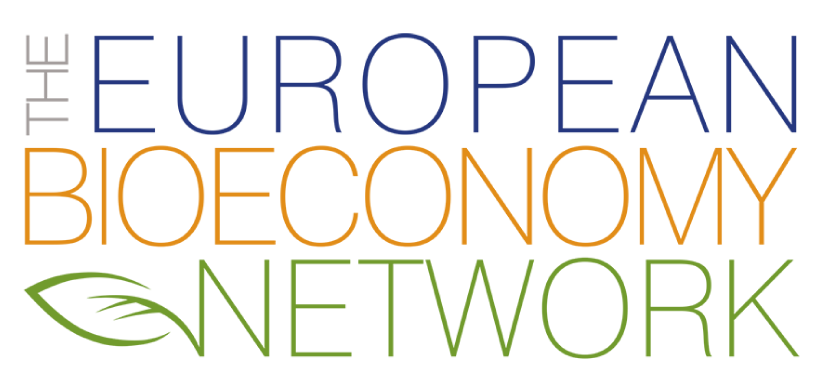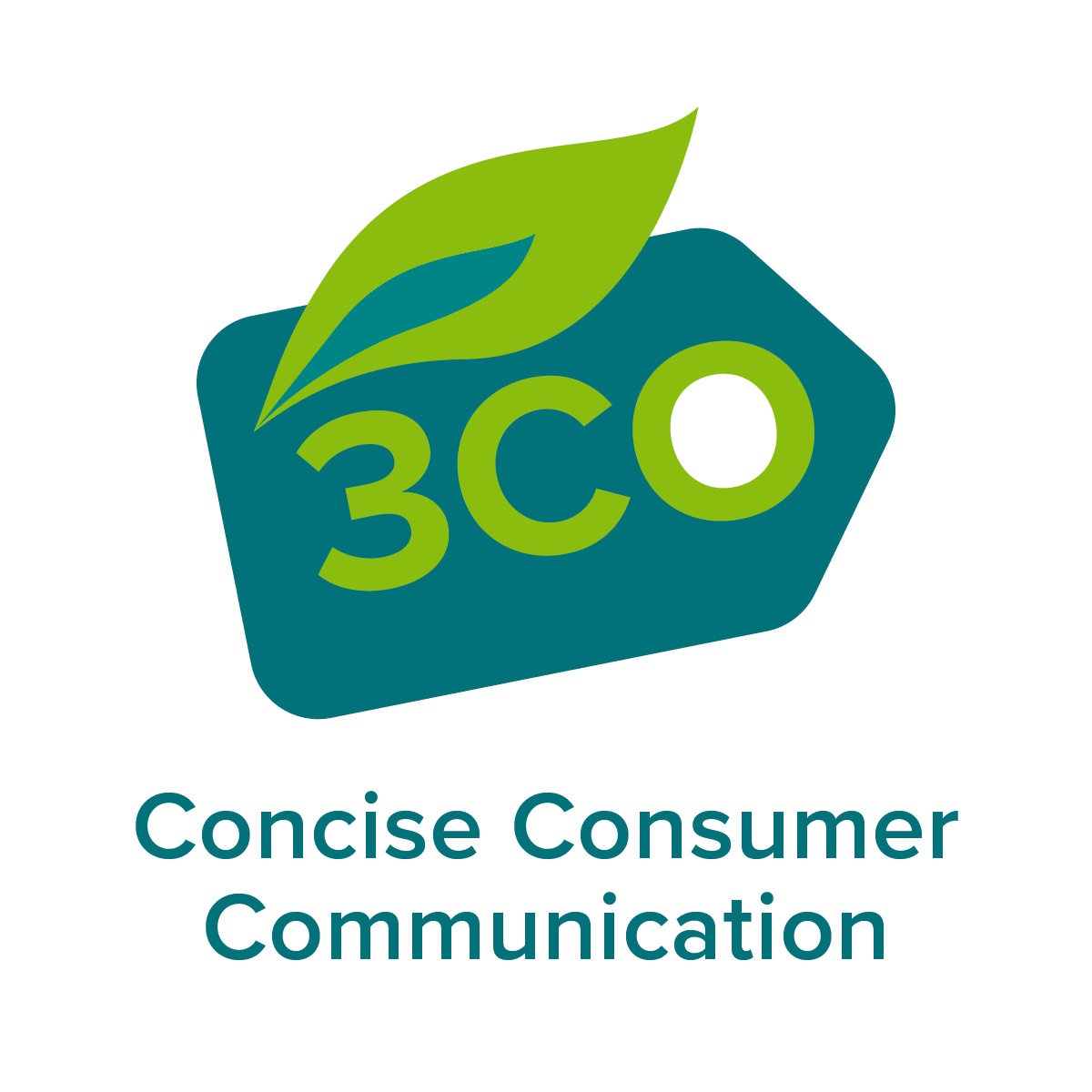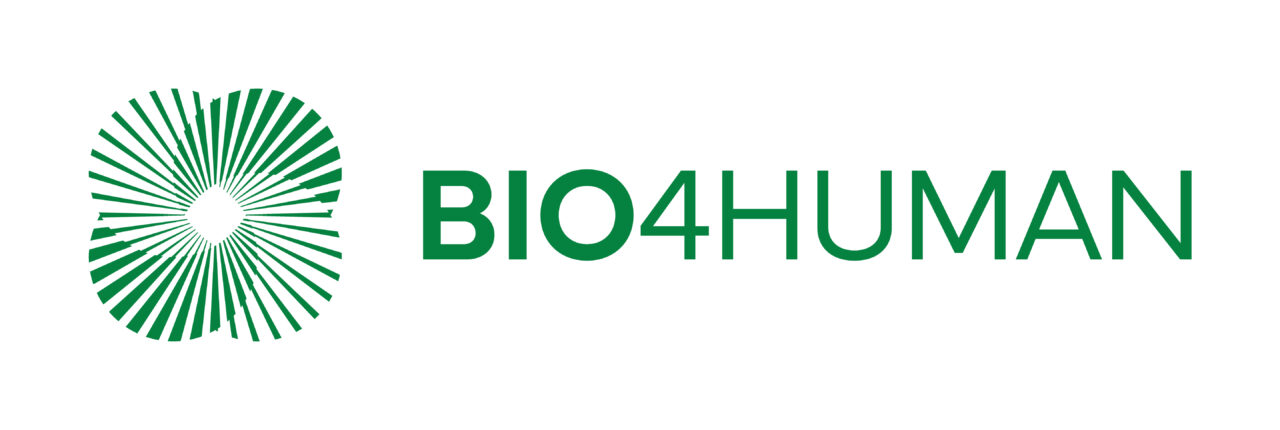Collaborations
Relevant projects, initiatives and networks with whom the LUCRA project is collaborating:
Networks

European Bioeconomy Network
The European Bioeconomy Network (EuBioNet) is a proactive alliance of 160 EU funded projects and initiatives dealing with Bioeconomy promotion, communication and support. The main goal is to maximise the efforts, increasing the knowledge sharing, networking, mutual learning, coordination of joint activities and events. The Network works in close collaboration with the European Commission and CBE JU, to ensure that the objectives identified by the Bioeconomy Strategy update will be properly communicated, addressed and implemented.

Biorefine Cluster Europe
The Biorefine Cluster Europe interconnects projects and people within the domain of biobased resource recovery, striving to contribute to a more sustainable resource management in the framework of circular economy systems. The competence focus lies within the biorefinery sector: the refinement of chemicals, materials, energy and products from biobased waste streams.
Project Collaborations
NEXT-STEP
Improving our footprint for generations to come
NEXT-STEP aims to develop recyclable products from wood production residues for everyday applications. New biochemical materials will be developed for shoe soles and insulation materials.

WASTE2FUNC
From food waste to biosurfactants and lactic acid
The WASTE2FUNC project aims to resolve supply chain hurdles towards the efficient conversion of food (crop) waste into two types of biobased functional molecules for use in home- and personal care applications: lactic acid and microbial biosurfactants, functionally outperforming or equalling their respective fossil-based and/or 1G bio-based benchmarks.

3CO
Concise Consumer Communication through Robust Labels for Bio-based Systems
In retail models where products move from businesses to end users, label and certification schemes (LCSs) are an important part of the communication. In terms of bio-based products (BBPs), these labels help consumers make sustainable purchases. In this context, the EU-funded 3-CO project will assess the LCSs and metrics in the bioeconomy. It will also iteratively engage consumers to understand their decision-making processes and motivation towards sustainability consumption as well as needs and requirements regarding future labelling of BBPs. By co-developing smart digital solutions for consumers, the project will support responsible consumption. To further support consumers, 3-CO will create guidelines for the design of labels for BBPs. Overall, the project aims to improve transparency of BBP value chains and information communicated to consumers.

BeonNat
Innovative Value Chains from Tree & Shrub Species grown in marginal Lands as a Source of Biomass for Bio-based Industries
BeonNAT proposes to use marginal lands in Europe to obtain forest biomass for the production of 8 products based on new bio-based value chains. This way, BeonNAT will allow the production of biodegradable bio-based products and bioactive compounds that will play an important role TO REPLACE FOSSIL-BASED COMPETING SUBSTITUTE PRODUCTS. BeonNAT will help to mitigate the impacts of climate change, enabling smarter and more sustainable products and materials, to make the most efficient use of our renewable natural resources, as well as providing huge economic opportunities for the bio-based economy in Europe.
BIORADAR
Monitoring system of the environmental and social sustainability and circularity of industrial bio-based systems
The BIORADAR Projecta aims to help organisations, policymakers and investors have the necessary information to step towards a more sustainable, bio-based economic model by taking a system perspective to fill the indicator gaps in material circularity and evaluating the environmental and social impacts of industrial bio-based systems by developing digital monitoring tools that will provide benchmarks and a self-assessment platform for bio-based industries.

BioReCer
Biological Resources Certifications Schemes
BioReCer (Biological Resources Certifications Schemes) aims at assessing and complementing current certification schemes for biological resources according to the new EU sustainability goals to enhance bio-based circular systems.This will be achieved by including new criteria that align with EU taxonomy and EU corporate due diligence regulations into guidelines for certifying biological resources’ sustainability, origin, tracking and traceability (T&T), and by ensuring applicability at EU and global scale.By promoting the sustainability and trade of biological resources, BioReCer will increase the added value, use, as well as social acceptance of bio-based products.
COUNTLESS
Cost-effective prOdUction of ligNin plaTform chemicaLs Extending the biobaSed chemicalS portfolio
COUNTLESS will access lignin, an abundant natural resource, to produce platform chemicals and demonstrate their applicability and cost-effectiveness in a variety of end-use cases from bulk to specialty applications. This will enable the transition from fossil-based to bio-based chemical building blocks – supporting sustainability and climate action goals.

Bio4HUMAN
Identifying bio-based solutions for waste management applicable to the humanitarian sector
Bio4HUMAN is a pivotal Horizon Europe-funded initiative focusing on the solving of solid waste management (SWM) challenges in humanitarian settings, with the principal objective to provide both humanitarian aid operators and bio-based sector stakeholders with a list of bio-based solutions for solid waste management that have the potential to be applicable across various humanitarian settings. Bio4HUMAN envisions addressing the challenge brought by the solid waste management crisis in humanitarian settings by deploying innovative bio-based solutions, systems, and technologies and plans to bring together humanitarian organisations, bio-based sector actors, and circular economy experts with the immediate aim of providing results to two locations receiving humanitarian aid in Africa, South Sudan and The Democratic Republic of Congo (DRC).

CIRCULAR BIOCARBON
CIRCULAR BIOCARBON presents a first-of-a-kind flagship biorefinery designed to valorise the Organic Fraction of Municipal Solid Waste (OFMSW) and Sewage Sludge (SS) into high-added-value end and intermediate products, including coating of direct consumer products, coating of mechanical moving parts, coating of plastic moulding tools, biodegradable and compostable waste bags, green graphene-based devices and products, biodegradable soil mulch films, solid organomineral fertiliser with biostimulant properties and liquid biobased biostimulant. The biorefinery is already operating in Zaragoza.